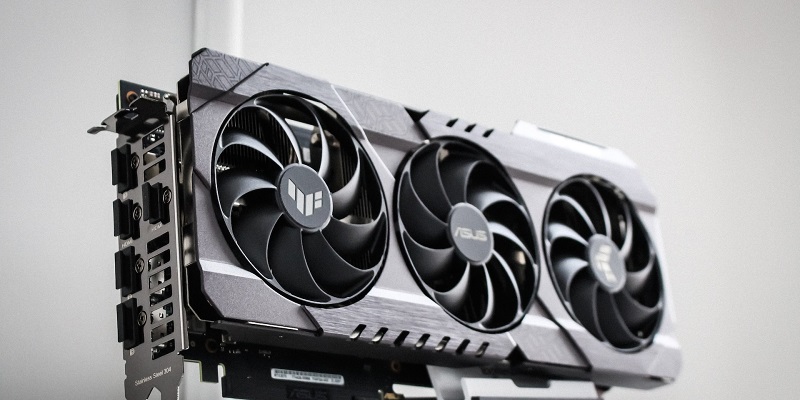In a significant development for the Chinese GPU market, Denglin, a promising startup based in Shanghai, has secured a substantial investment to develop chips that are compatible with NVIDIA’s CUDA and OpenCL programming models. This investment is expected to boost the company’s efforts to compete with established players and introduce advanced GPU technology to the domestic market.
Background
Founded in 2017, Denglin has emerged as a notable contender in the GPU sector. Its recent funding from the China Internet Investment Fund (CIIF), jointly initiated by the State Cyberspace Administration of China and the Ministry of Finance, signals strong support for the startup’s chip development endeavors. The focus of these efforts is to create chips that not only cater to the domestic market but also deliver compatibility with CUDA and OpenCL programming models.
Chip Usage and Applications
Denglin’s chips, primarily designed for General-Purpose Graphics Processing Unit (GPGPU) applications, offer promising prospects for a range of usage scenarios. Beyond GPGPU, these chips hold potential for deployment in more premium markets such as High-Performance Computing (HPC) and Artificial Intelligence (AI), given their compatibility with industry-standard programming models.
GPU+ Technology
Denglin’s approach to chip development revolves around leveraging the GPU+ technology. This innovative solution boasts a software-defined on-chip heterogeneous computing architecture that supports both CUDA and OpenCL programming models. By utilizing this technology, Denglin aims to provide a flexible and powerful platform for developers, enabling seamless integration with existing programming frameworks and libraries.
Product Lineup
Denglin made an impressive entrance into the market by unveiling four distinct products with varied applications, ranging from gaming to AI training. Among these, the flagship solution is the Goldwasser chip, specifically engineered for AI-based compute acceleration. Additionally, the UL32 and UL64 solutions offer impressive specifications, delivering compute capabilities of up to 64 TOPs INT8 and 16 TFLOPs FP16, with support for up to 16 GB memory and 64-channel video encoding at 1080P@30FPS.
Development progress
Building on its initial success, Denglin has already reached a crucial milestone with its second-generation GPUs being taped out in 2022. This successful tape-out signifies that the design phase is complete, and the company is now gearing up for mass production, slated for the current year. This progress underscores Denglin’s commitment to delivering cutting-edge GPU technology to the market.
Performance and Cost Benefits
The upcoming GPUs from Denglin are poised to deliver remarkable performance gains, particularly in transformer-based models. Early estimates indicate an impressive 3-5 times increase in performance compared to previous generations. Furthermore, Denglin’s chips promise to significantly reduce hardware costs in demanding workloads, such as ChatGPT and Generative AI, making them an attractive option for businesses looking to optimize their AI infrastructure.
Funding source
The financial backing received by Denglin emanates from the CIIF, a strategic investment fund jointly established by the State Cyberspace Administration of China and the Ministry of Finance. This support reflects the government’s recognition of the startup’s potential and the importance of fostering innovation in the rapidly evolving GPU market.
Competition and market potential
Denglin’s chips, with their CUDA and OpenCL compatibility, position them as formidable competitors to established industry players like NVIDIA. By offering a domestic alternative, Denglin aims to fulfill the growing demand for powerful and versatile GPU solutions in the Chinese market. The ability to support popular programming models further enhances the startup’s potential as a viable choice for developers and businesses.
The recent investment received by Denglin underscores the growing momentum of the Chinese GPU industry. With CUDA and OpenCL compatibility as distinguishing features, Denglin’s chips hold tremendous promise in the domestic market while simultaneously challenging global players. As the company progresses towards mass production, the industry eagerly awaits the introduction of these GPUs, which are expected to deliver unparalleled performance gains, reduce hardware costs, and fuel innovation across diverse sectors such as AI, HPC, and gaming.

